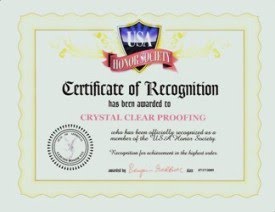
Pronouns take the place of nouns.
Subject Pronouns: I, you, he, she, it, we, they
Object Pronouns: me, you, him, her, it, us, them
Rule: Use a Subject Pronoun (also called Nominative Case), not only as the subject of a sentence, but after 'to be' verbs when the pronoun renames the subject.
'To be' verbs: is, are, was, were, will be, may be, may have been
Example: He is my friend.
'He' is the subject of the sentence, so use a subject pronoun.
Example: Enrique and she are friends.
'Enrique' and 'she' are the subjects of the sentence.
Example: It is I who called.
I comes after the 'to be' verb 'is' and renames the subject 'it.' Therefore, use the subject pronoun.
Rule: Use an Object Pronoun (also called Objective Case) when the pronoun is the direct object, the indirect object, or the object of the preposition.
Example: Ella met him at the restaurant.
'Him' is the direct object.
Example: Ella will give him his money back.
'Him' is an indirect object because you can mentally put the word 'to' in front of it. 'Money' is the direct object.
Example: Between you and me, this will never work.
'You' and 'me' are the objects of the preposition 'between.'
Rule: Use reflexive pronouns—myself, himself, herself, itself, themselves, ourselves, yourself, yourselves—to refer back to another noun or pronoun in the sentence.
Correct Example: I did it myself.
Incorrect Example: Please give it to Roger or myself.
In this sentence, 'myself' does not refer back to another noun or pronoun.

Source: Grammarbook

































































But I don't drink coffee!
ReplyDeleteHey Crystal! Excellent examples as always.
I think I need more caffeine! :-)
ReplyDeleteTake care
x
Alex it's always such a pleasure to *hear* from you!
ReplyDeleteO.K. -- Ditto!
Thanks, Firetulip! (And yes, I am most definitely a cat person!)
This comment has been removed by a blog administrator.
ReplyDelete